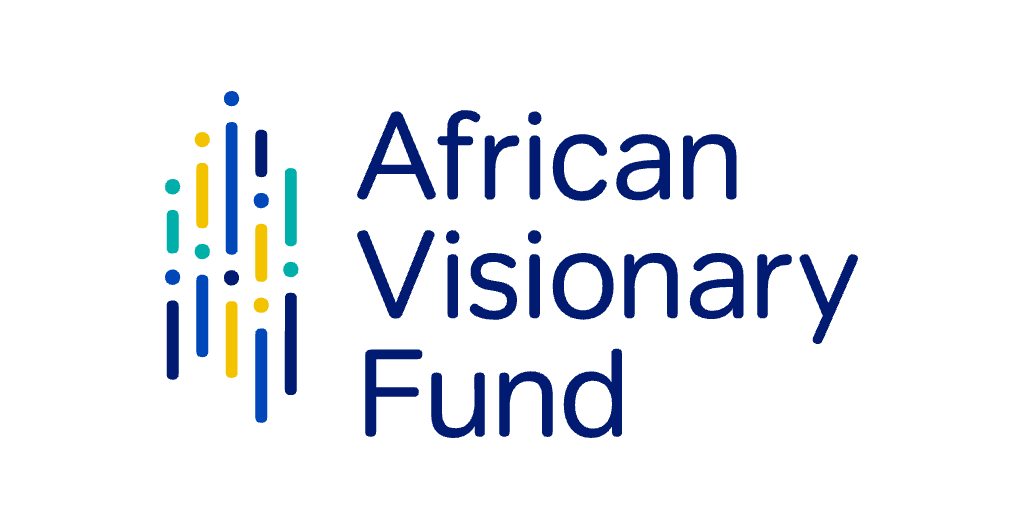
Shifting power in domestic and international grant-making
For many funders, COVID-19 served as a wake-up call on the need to shift power to people who are closer to the problems. But not all foundations are making this transition. And when they do not trust the local founders they are supporting, they try to maintain control — often by asking them to follow rigid guidelines.
“You can’t really breathe as an organization,” said Wendo Aszed, the founder and executive director at Dandelion Africa, a grassroots organization working to improve the sexual and reproductive health and economic livelihoods of women and youths in Kenya.
When donors ask for impact metrics to understand how their dollars are making a difference, she said, they seem to forget that metrics represent not just numbers, but people. “These are our brothers. These are our sisters. We were born here,” Aszed said at a recent webinar hosted by the African Diaspora Network. “This is the legacy that we are going to leave behind, and we want to leave our communities better than we found it.”
And while many U.S. foundations responding to calls for racial justice are now driving more domestic spending to organizations led by people of color, they are not making the same shifts in their international grant-making portfolios, said Katie Bunten-Wamaru, co-CEO at AVFund.
“The root of why there’s funding inequity in the U.S. to BIPOC [Black, Indigenous, and people of color] organizations, that racist root, is the same as why there’s so little funding that gets to African leaders on the African continent,” she said.
AVFund is one example of how intermediaries with close ties to community-based organizations can play a role in driving more resources from larger foundations to grassroots leaders.
AVFund recently announced its first $1 million commitment in multiyear, unrestricted funding to six organizations led by Africans, including Dandelion Africa. It pooled funds from the Skoll Foundation, Imago Dei Fund, King Baudouin Foundation United States, and Segal Family Foundation — where Bunten-Wamaru previously worked — among others. AVFund is working to raise a total of $10 million by 2023.
From ‘unconscious incompetence’ to innovative finance
With foreign aid to Africa declining, it is more critical than ever for private foundations and agencies to understand they can be catalytic investors — instead of just giving money away as grants, said Frank Aswani, CEO at the African Venture Philanthropy Alliance.
“There’s a lot of unconscious incompetence in the space,” he said at a recent Devex event on angel investing for the Sustainable Development Goals.
To contribute most productively as part of an ecosystem of social investors, grant-makers need to be brought up to speed on innovative finance — including tools such as venture philanthropy, impact investing, and blended finance, Aswani said. “You’ve funded us for 50 years. You’re exiting now. At least leave us more capable to maintain and sustain what you’ve invested in the last 50 years,” he said of international development agencies. “Empower the African social investors to carry forward what you’ve put down.”
Donors can also play a role in educating more African social investors about innovative finance, he said afterward.
“This way, more of the capital needed locally can be raised locally and deployed by local players into local opportunities,” Aswani said.
He noted that the African Venture Philanthropy Alliance is working on investor education programs, including an innovative finance fellowship program starting in May, as well as an effort to build innovative finance into the curriculum of 40 African educational institutions.

Bridging the gap
Investors headquartered in North America accounted for 42% of all African venture capital deals over the last five years, according to the African Private Equity and Venture Capital Association, but they have favored African startups with white founders.
When investors make a bet on a team, they rely on trust and their own networks. That can lead to disparities based on gender, race, or education levels, even among the African founders who are getting funded, said Sangu Delle, a Ghanaian investor and entrepreneur who chairs Golden Palm Investments Corp. And as investors go to their portfolio companies to get recommendations to expand their pipelines, those inequalities are further entrenched.
Development finance institutions, including the World Bank’s International Finance Corp., are investing in funds in Africa. Many have committed to invest more in low-income countries — the majority of which are on the continent — including through financing to support small and medium-sized enterprises that will create jobs.
But most of these dollars are not going to African founders, Delle said.
“DFIs are providing capital to funds predominantly investing in white founders. That’s crazy,” he said. “You can’t come and tell me you’re investing in Africa, and your investment strategy is basically a neocolonial strategy. There has to be a reckoning.”
Foundations, donor agencies, and DFIs can help bridge the gap to make some of these African-led organizations financially viable. But if DFIs don’t acknowledge their biases and make structural changes to address them, they will only perpetuate problems, Delle said.
AVFund, for its part, operates on a relatively small scale. The co-CEOs said they hope to see a shift among private foundations, as well as bilateral and multilateral donor agencies, as these larger donors work to prioritize localization, enabling communities to decide which programs and services will support their own needs.
But all too often, Bunten-Wamaru and Worku said, donors are tinkering with existing systems that have been shown to fail — rather than rethinking systems entirely.
From grant-making to impact investing to venture capital, there is a funding gap for African founders and leaders, as well as a failure to shift power and decision-making closer to the problem solvers, they said. “It eventually comes back to this root of power and racism and bias,” Bunten-Wamaru said. “All of those tools are important, but if funders have not come to understand the power problem, it will continue to perpetuate inequities.”
This article by Catherine Cheney was first published on DEVEX.
